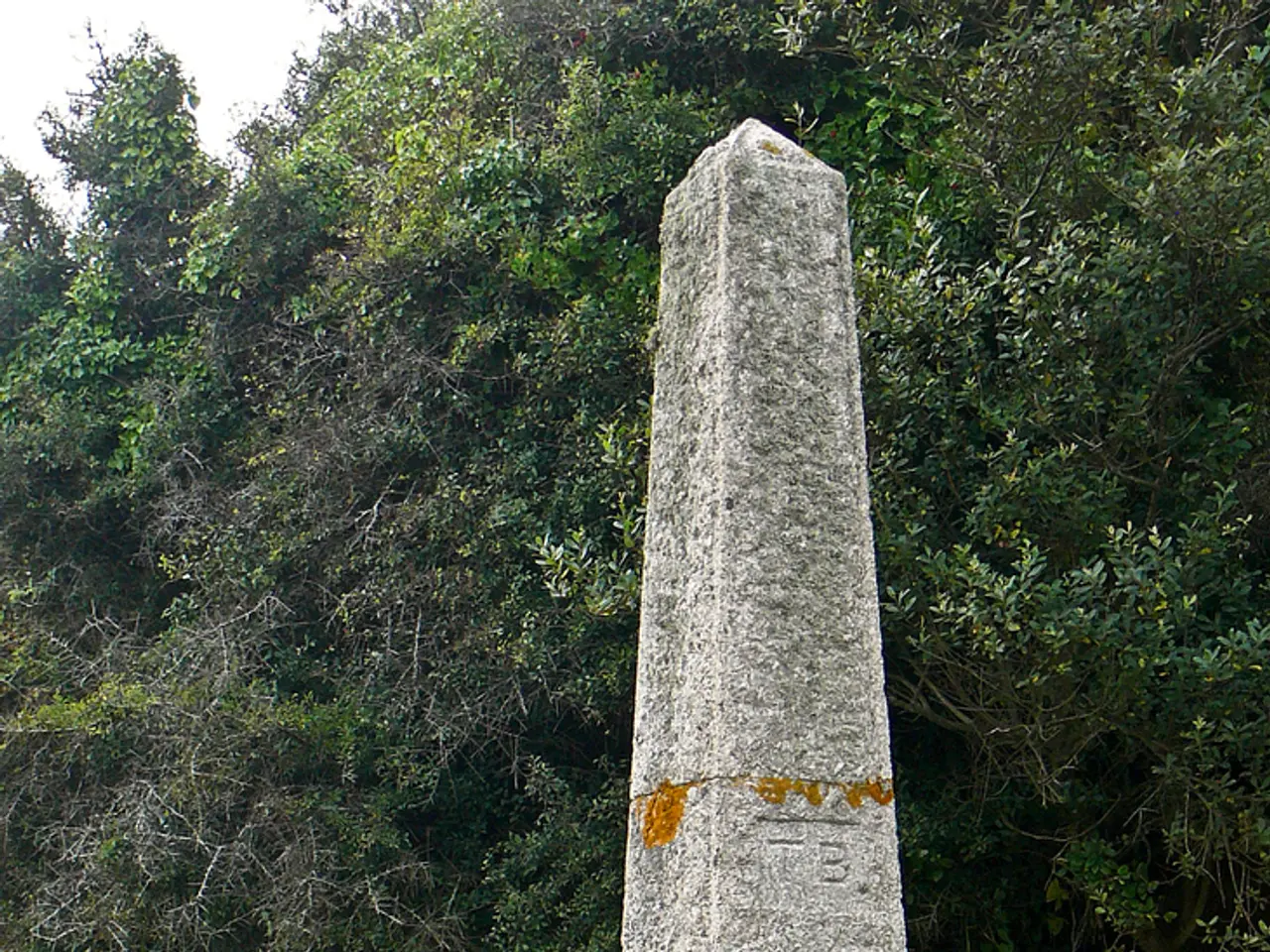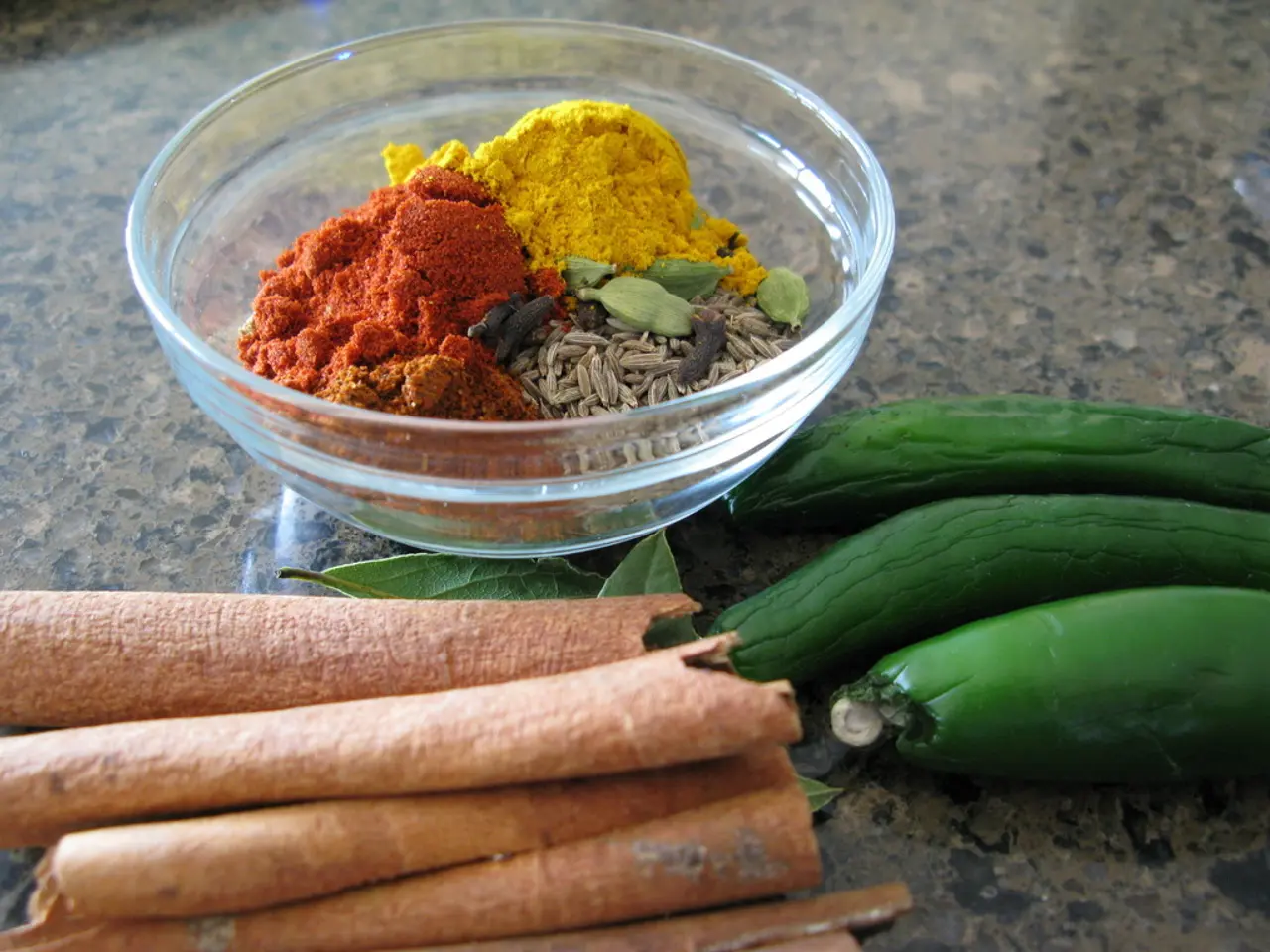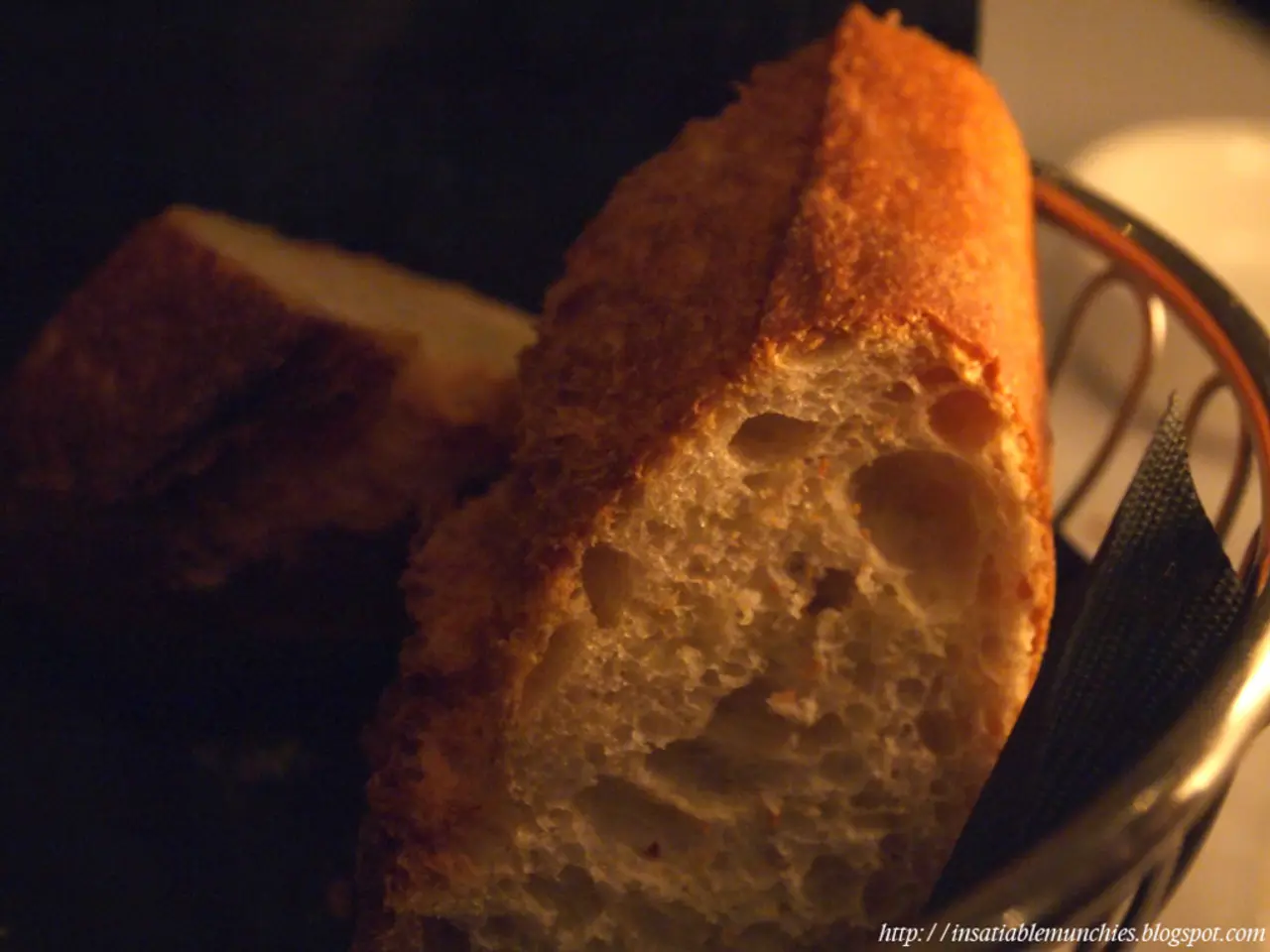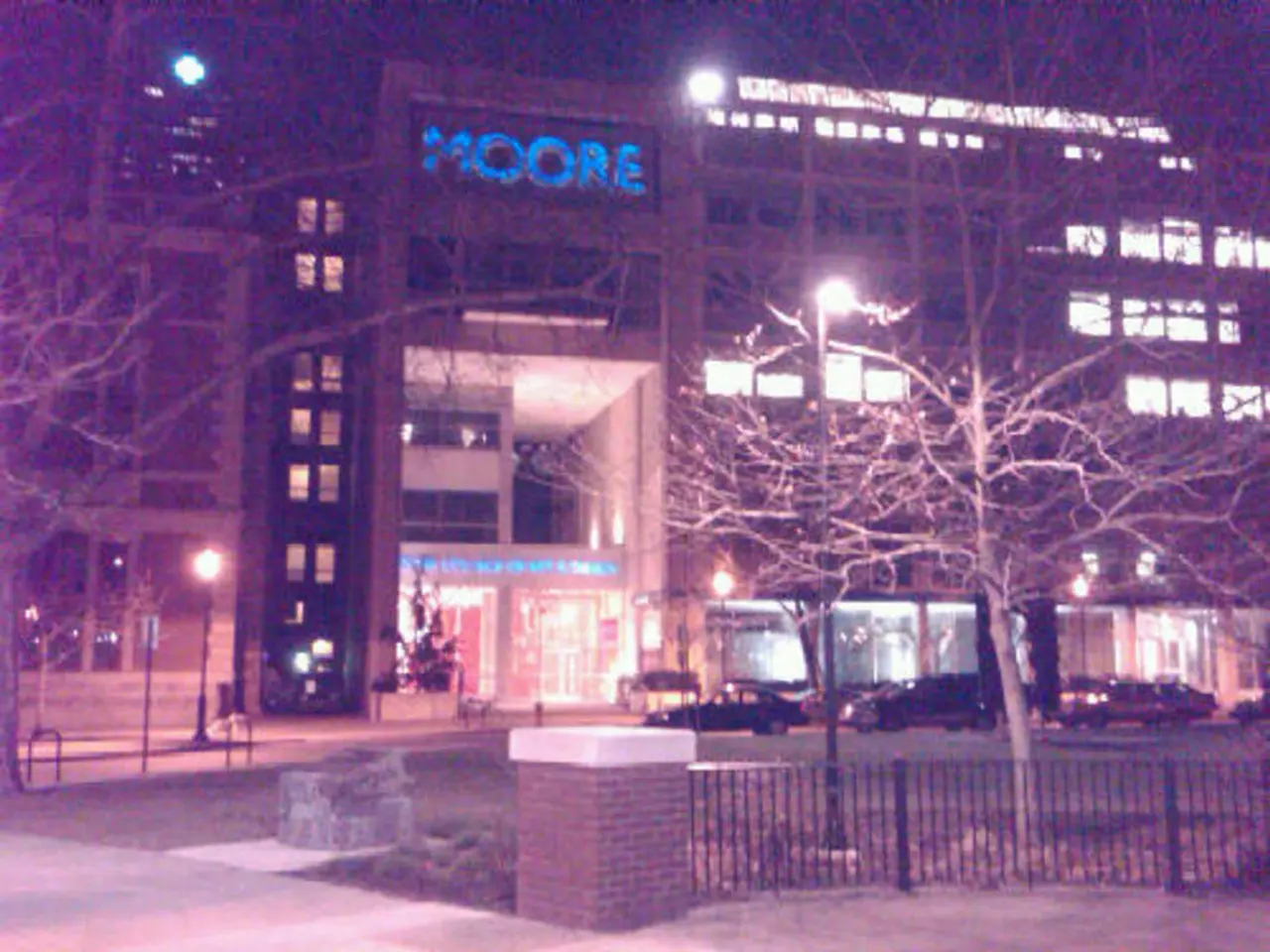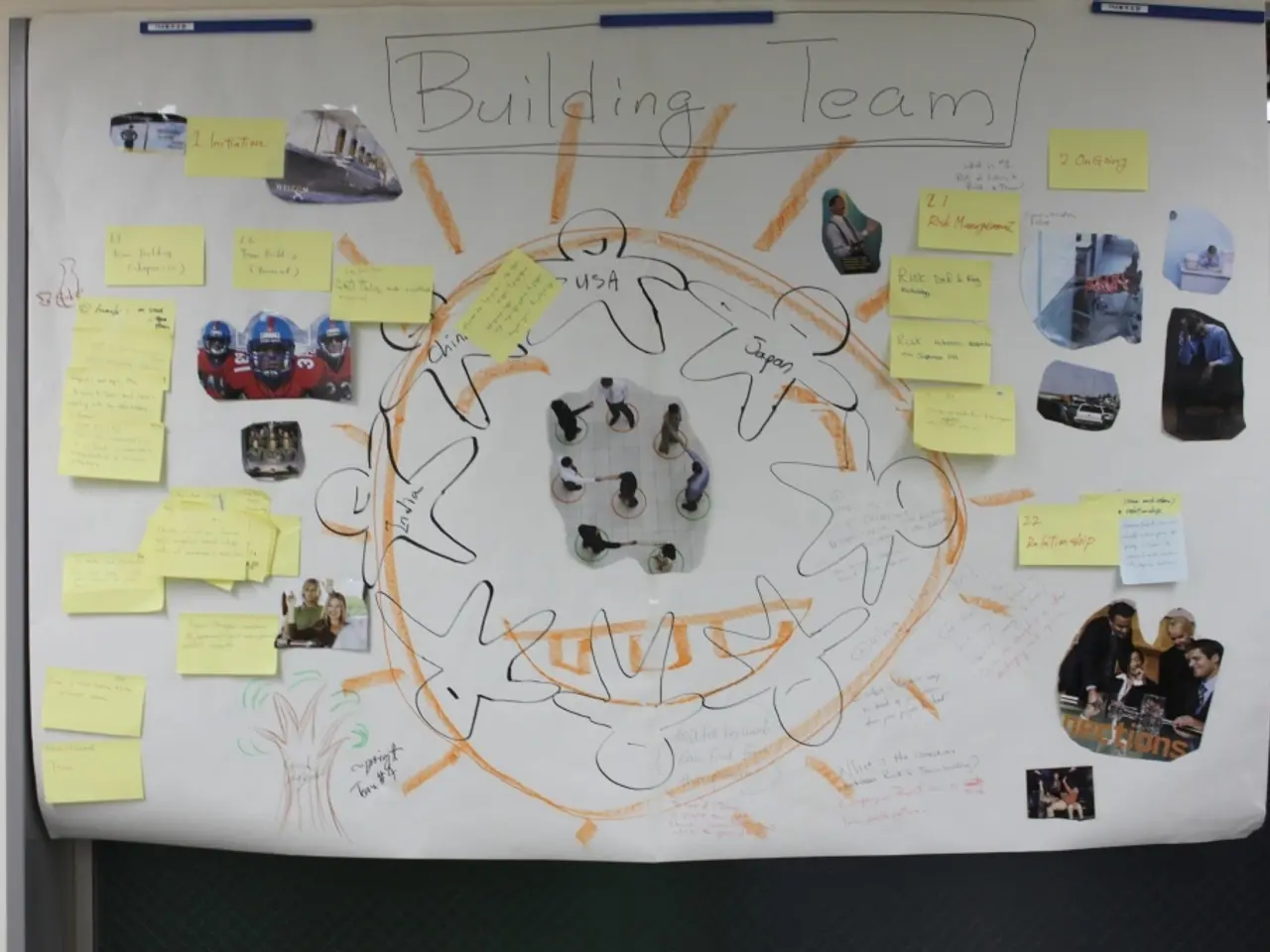Uncovering Remains of Infants at Former Catholic Orphanage in Ireland - Uncovering of Hundreds of Infant Remains at a Catholic-Affiliated Facility in Ireland
The long-awaited excavation of the remains of nearly 800 children at the former Catholic mother-and-child home "St. Mary's" in Tuam, County Galway, Ireland, has commenced after years of advocacy and investigation. This home operated between 1925 and 1961, during which time many unmarried mothers were sent there, and tragically, hundreds of infants and children died under harsh conditions.
The excavation, led by a team of international experts, including forensic specialists from Colombia, the USA, Canada, and the UK, under the coordination of Daniel MacSweeney, is expected to last up to two years. The project follows a scientifically rigorous "Humanitarian Forensic Action" approach, which includes systematic ground-truthing, phased excavation, careful forensic analysis of remains, DNA testing aimed at identifying individuals, and arrangements for dignified reburial and memorialization of the site.
Local historian Catherine Corless, who initiated the excavation with her research uncovering the deaths of 798 children, expressed relief and hope as the dig commenced. The excavation aims to recover, examine, and, if possible, identify the remains of the children. Investigators are currently collecting DNA samples from living relatives to aid in the identification process.
Corless's primary goal is to ensure that the children are given the proper burial they were denied. Her findings sparked a six-year state investigation into Catholic homes for unwed mothers in Ireland, which found that 18 such homes across the country had housed 56,000 unmarried women and 57,000 children over 76 years. Approximately 9,000 children died in these homes.
The Irish government fully approved the forensic excavation in 2018, following a decade of campaigning by families and advocates. The project's goal is to provide answers to families and to give the children a respectful resting place, acknowledging the dark chapter of Ireland’s mid-20th-century history shaped by Catholic social attitudes toward unmarried mothers and their children.
Anna Corrigan, whose brothers may be buried in Tuam, expressed concern about the human rights of the children and their mothers. She stated that the children were denied all human rights and dignity after their death. The death certificates of the children listed numerous causes, including tuberculosis, convulsions, measles, and whooping cough.
The excavation is emotionally significant for campaigners and the local community, symbolizing a long-awaited recognition and reconciliation of past injustices. Corless began her fight for justice when no one would listen, but now she believes they will right this wrong. Later, the remains are intended to be buried with dignity.
The homes run by Catholic nuns and supported by the state in Ireland, including St. Mary's in Tuam, are a dark chapter in the country's history. The excavation for remains of hundreds of babies is ongoing at the site.
- The ongoing excavation at St. Mary's in Tuam, Ireland, follows a scientific approach, involving specialists from various countries such as Colombia, the United States, Canada, and the United Kingdom.
- The forensic analysis aims to not only recover and examine the remains of the children but also to identify these remains through DNA testing and comparisons with samples from living relatives.
- The emotional significance of this excavation extends beyond the local community, with many family members expressing concerns about the human rights and dignified treatment of both the children and their mothers.
- The ultimate goals of the excavation are to provide clarity about the deaths of these children, grant them a respectful burial, and acknowledge the dark chapter in Irish history shaped by Catholic social attitudes towards unmarried mothers and their children.
